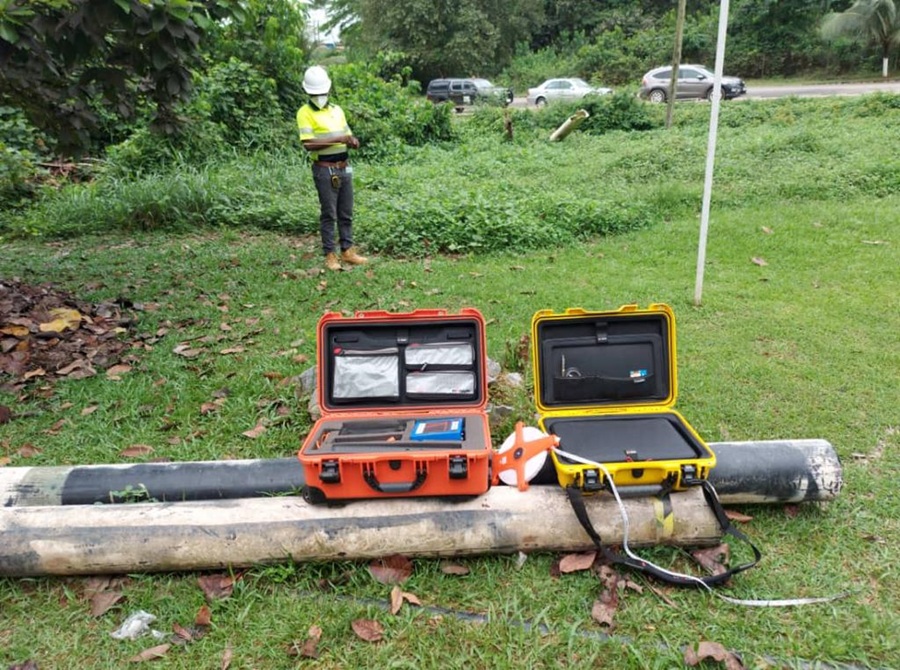
HYDRO GEOLOGICAL INVESTIGATION
A Hydrogeological Investigation is a study that assesses groundwater resources, including their occurrence, movement, quality, and interaction with surface water. It is essential for water resource management, environmental protection, and construction projects.
Objectives of Hydrogeological Investigation:
- Determine Groundwater Availability – Identify aquifers and assess their capacity.
- Assess Water Quality – Check for contamination and suitability for drinking, agriculture, or industrial use.
- Study Groundwater Flow – Understand how water moves through soil and rock formations.
- Evaluate Aquifer Characteristics – Measure properties like permeability, porosity, and storage capacity.
- Analyze Surface Water Interaction – Determine how groundwater connects with rivers, lakes, and wetlands.
- Predict Environmental Impacts – Assess the effects of activities like mining, construction, or agriculture on groundwater.
Key Methods Used:
- Geological Mapping – Identifying rock formations and structures influencing groundwater.
- Geophysical Surveys – Using electrical, seismic, or magnetic methods to detect subsurface water.
- Drilling and Well Logging – Extracting soil and rock samples to study underground water-bearing formations.
- Pump Tests – Measuring how an aquifer responds to water extraction.
- Water Quality Testing – Analyzing chemical and biological parameters of groundwater.
Applications of Hydrogeological Investigation:
- Water Supply Development – Finding suitable groundwater sources for communities.
- Irrigation and Agriculture – Ensuring sustainable water use for farming.
- Environmental Impact Assessments (EIA) – Evaluating effects of industries and construction on groundwater.
- Mining and Infrastructure Projects – Managing groundwater issues in tunnels, dams, and excavation sites.
- Contamination and Remediation – Identifying and mitigating groundwater pollution.
